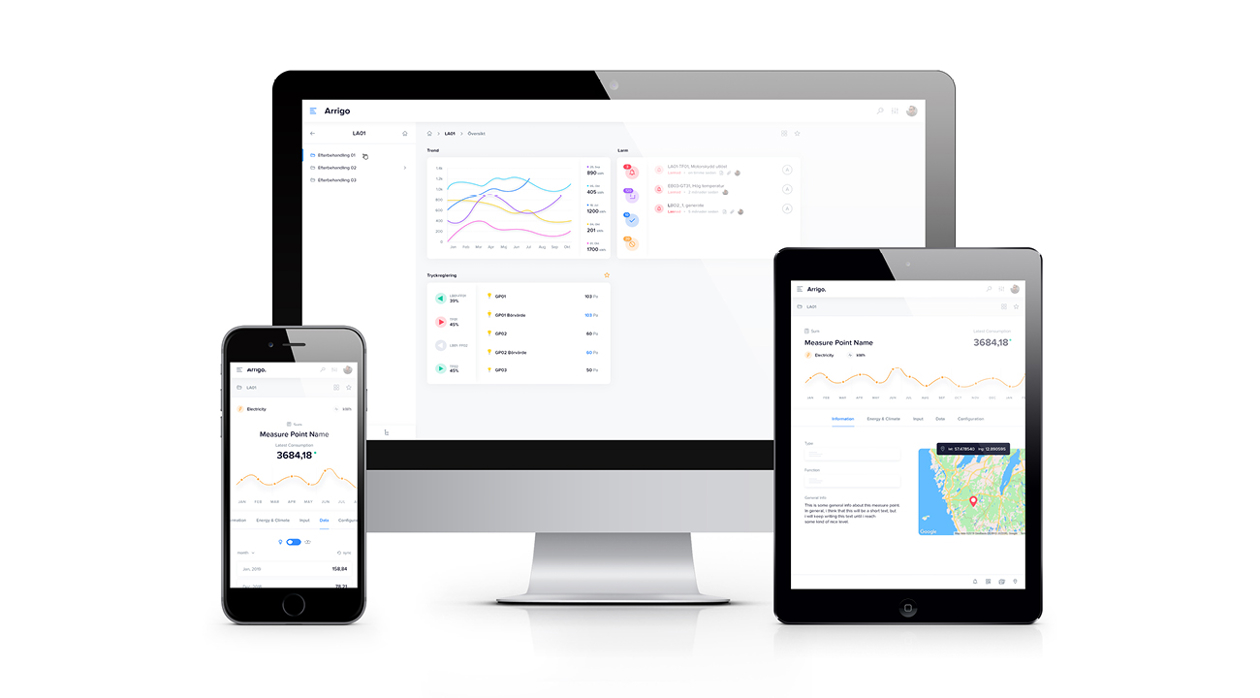1. Enhanced security
Cloud-based solutions offer robust security measures, including advanced encryption and secure access controls, to protect sensitive data and systems from cyber threats. In this way, it’s possible to maintain a high level of data protection and ensure compliance with industry regulations and standards.
2. Improved data integrity
By centralizing data storage and processing in the cloud, organizations can ensure consistent data integrity and reliability across their building automation systems. Cloud platforms offer mechanisms for data validation, redundancy, and automated backups, reducing the risk of data corruption or loss.
3. High availability
Cloud technology provides scalable and resilient infrastructure. This high availability supports critical building operations and maintenance activities, reducing downtime and improving overall system reliability.
4. Scalability and flexibility
Cloud-based platforms support scalability, allowing building managers to easily expand their automation systems and integrate new technologies without extensive hardware upgrades.
5. Cost efficiency
Eliminating the need for on-premises data centers reduces infrastructure costs, while pay-as-you-go pricing models allow organizations to scale resources as needed. In this way, it’s possible to optimize operational expenses, while maximizing the return on investment in building automation and management systems.



